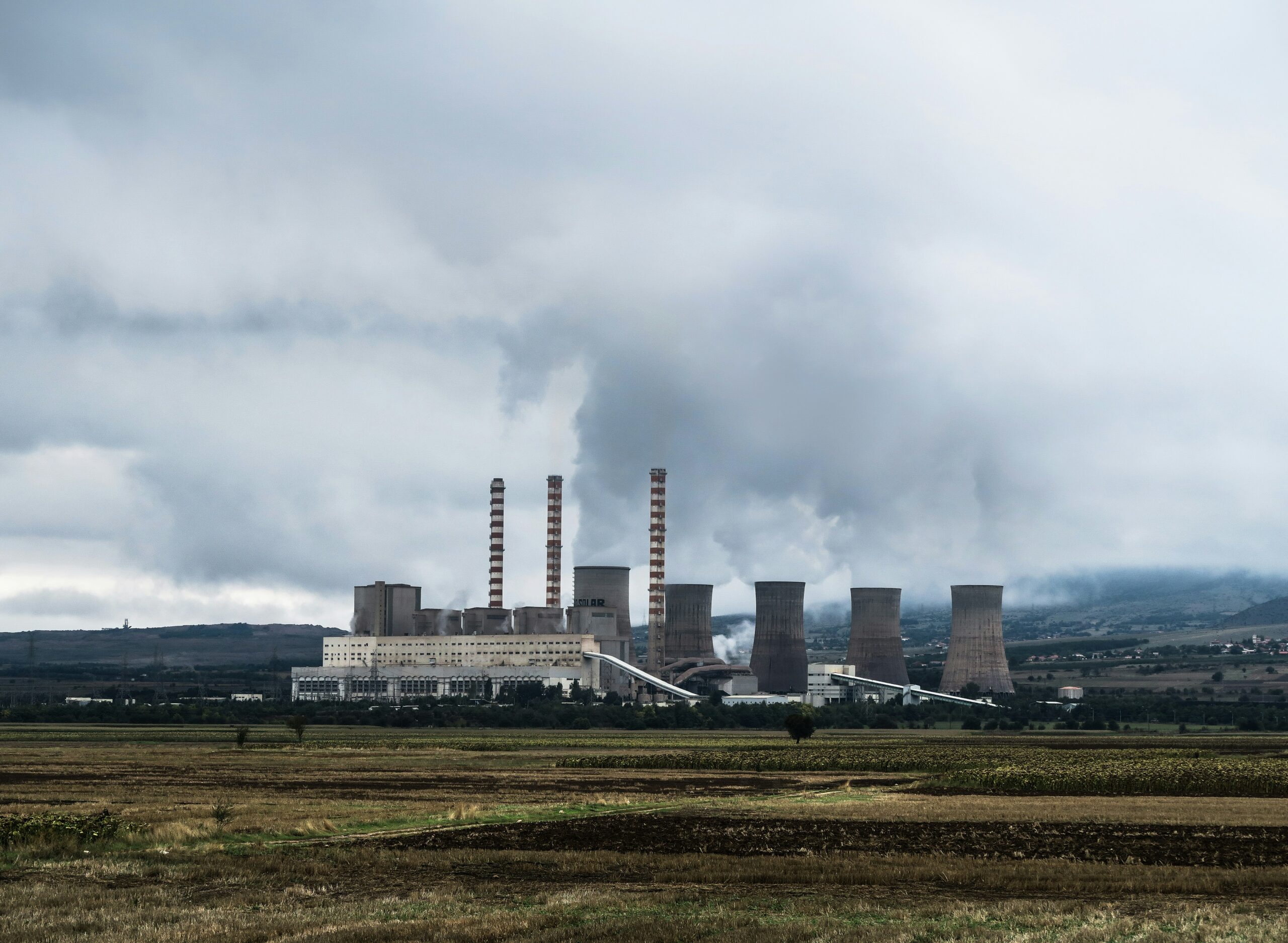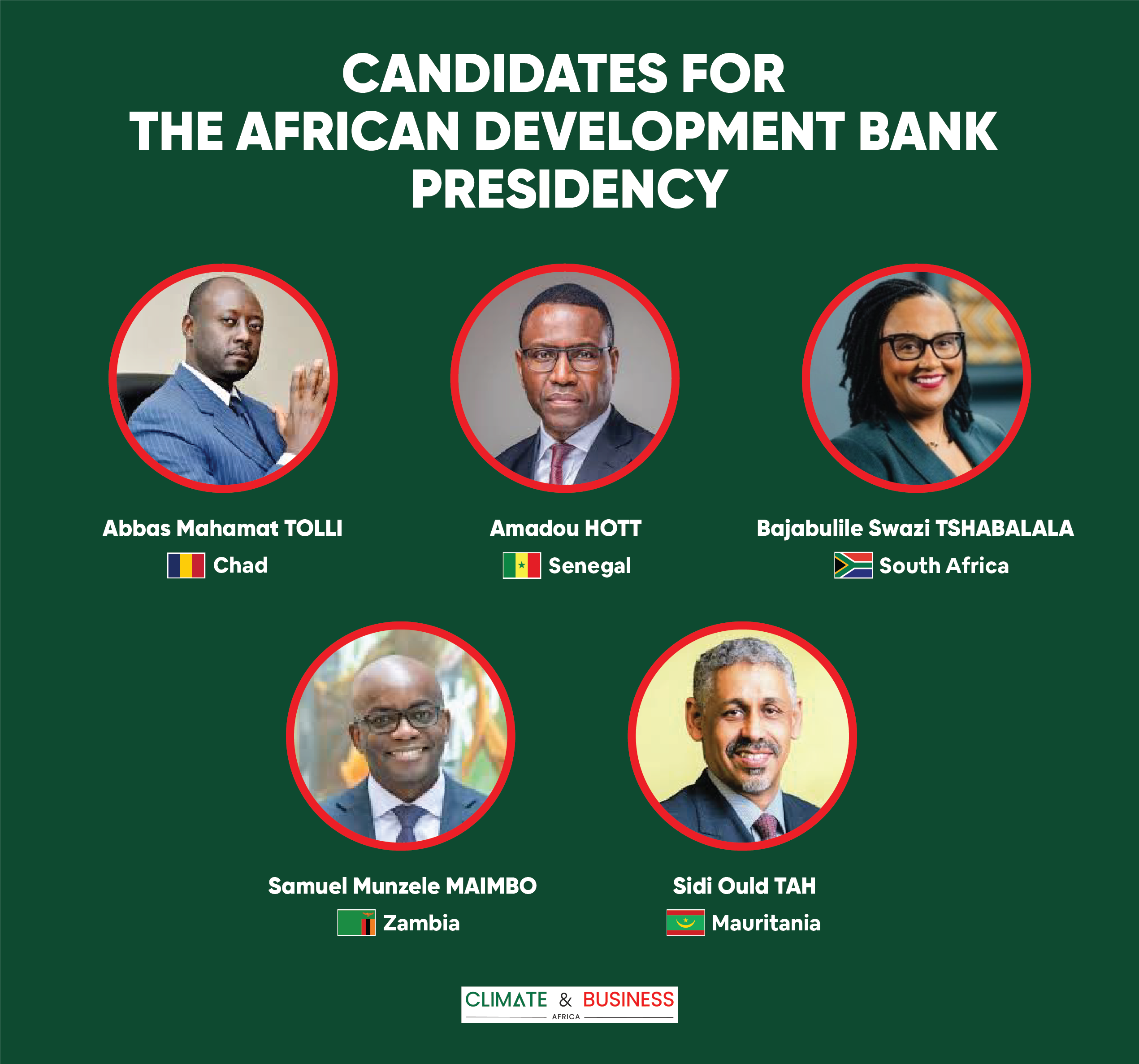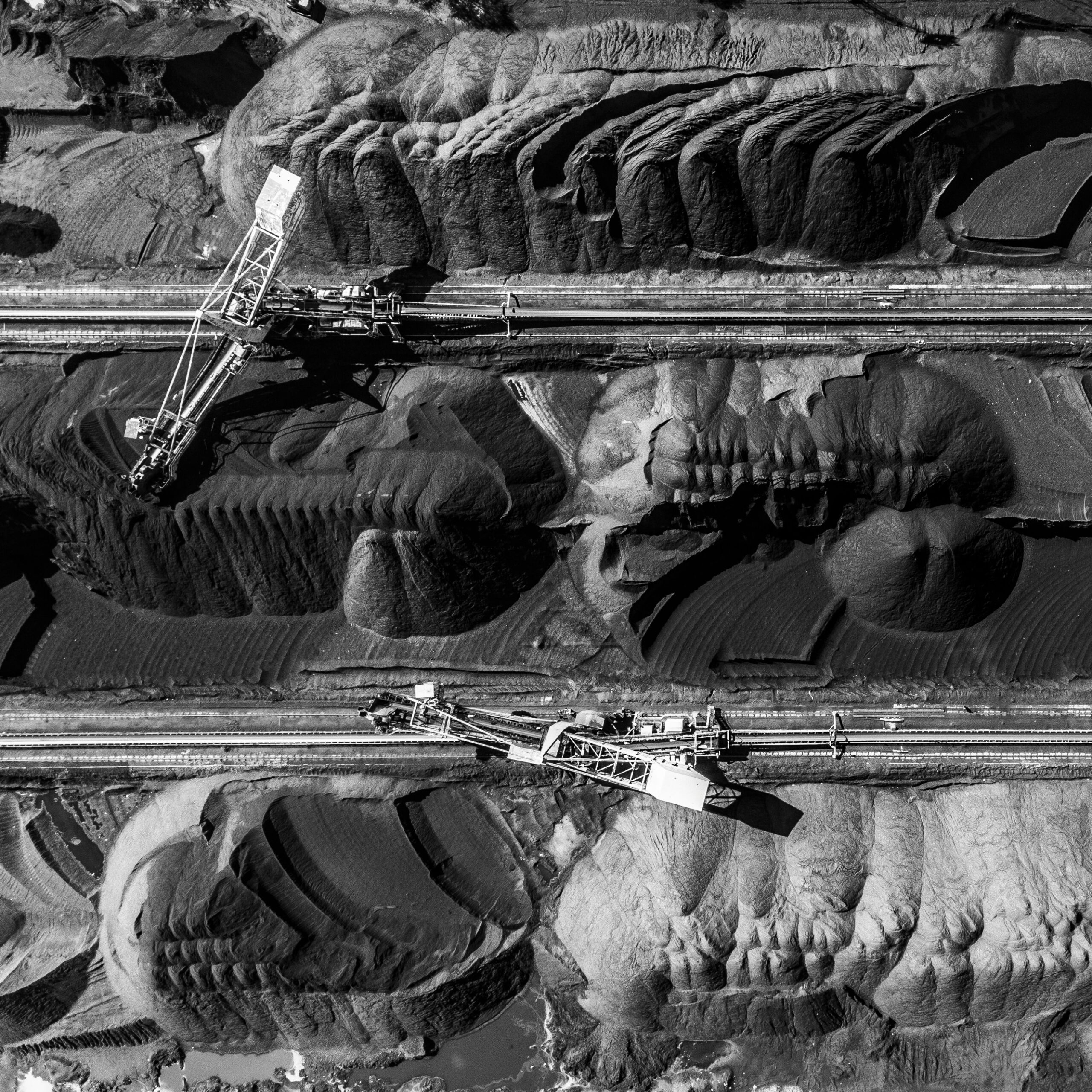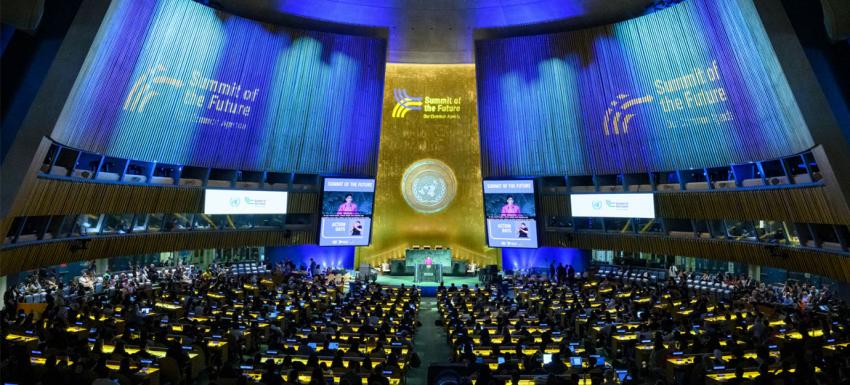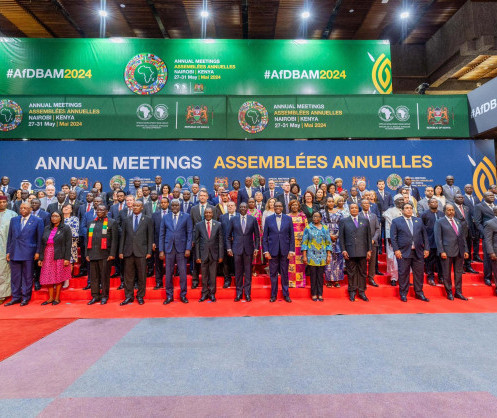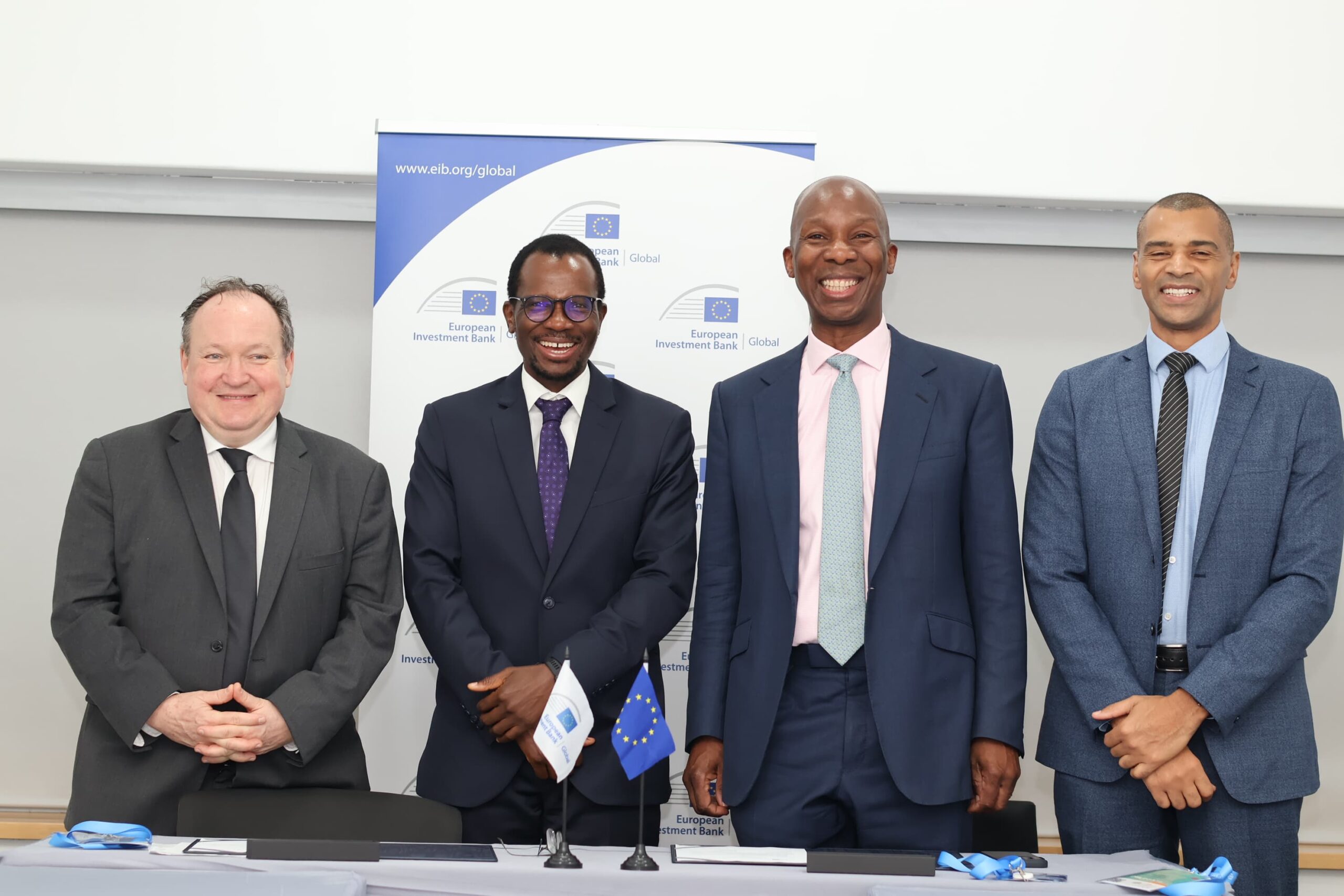Efforts to establish the Africa Energy Bank (AEB), an institution designed to finance the continent’s oil and gas projects, have advanced significantly as Nigeria, Angola, and Ghana fulfilled their initial capital contributions. The payments from these three key oil-producing nations represent 44% of the minimum equity required from member states of the African Petroleum Producers Organization (APPO) to commence the bank’s operations. Dr. Omar Farouk Ibrahim, APPO’s Secretary General, confirmed this development during last week’s Congo Energy & Investment Forum. The bank aims to begin operations in the first half of 2025.
The AEB initiative is a direct response to the increasing reluctance of traditional Western financial institutions to fund fossil fuel projects, largely due to environmental, social, and governance (ESG) pressures. APPO, comprising 18 member states, aims for an initial capitalization of $5 billion for the AEB, requesting $83 million from each member. Alongside the commitments from Nigeria, Angola, and Ghana, five other members – Algeria, Benin, the Republic of Congo, Equatorial Guinea, and Ivory Coast – have reportedly pledged to make their payments soon. This collective push underscores a strategic move by African producers to secure financing channels attuned to the continent’s specific energy needs and development priorities.
The establishment of the AEB comes as major African energy producers navigate complex investment landscapes. Nigeria, sub-Saharan Africa’s largest oil producer, recently implemented its Petroleum Industry Act to streamline regulation and attract investment. While recent final investment decisions (FIDs), such as TotalEnergies’ $550 million Ubeta gas field development and Shell’s anticipated $5 billion Bonga North project, signal renewed activity, securing finance remains critical, particularly for advancing Nigeria’s extensive gas resources as part of its energy transition strategy. The country is also planning a petroleum exploration bid round for 2025.
Angola is pursuing a dual strategy of developing major deepwater oil projects while diversifying its energy mix. Notable upstream projects include TotalEnergies’ $6 billion Kaminho deepwater venture and Eni’s Agogo Integrated West Hub. The country aims to raise oil production to 2 million barrels per day, and recently held a limited public tender for exploration blocks. Concurrently, Angola is advancing its first non-associated gas project through the New Gas Consortium and planning a $12 billion expansion of its Angola LNG facility. Looking beyond hydrocarbons, state oil company Sonangol, with international partners, aims to reach an FID by 2025 on the country’s first green hydrogen project, a proposed 600 MW facility.
Ghana continues to consolidate its role in the regional energy market, securing fresh commitments from international oil companies Eni and Tullow Oil. In March 2025, Eni and the Ghana National Petroleum Corporation agreed to extend exploration activities offshore, optimize production from existing fields, and potentially develop untapped reserves. This follows regulatory adjustments designed to improve fiscal terms and transparency for investors. Tullow Oil remains a key operator, with production from the Jubilee and TEN fields underpinning the economy; the company plans a new drilling programme starting in May 2025 to boost output. Ghana is also investing in broader energy infrastructure modernization and renewable energy sources to enhance long-term energy security.
The AEB represents a concerted effort by African nations to create a bespoke financial institution capable of navigating the continent’s energy sector dynamics, aiming to provide tailored funding solutions where traditional sources may be withdrawing. As more members contribute capital, the bank is positioned to play a significant role in bridging financing gaps, and supporting energy infrastructure development across Africa. Further discussions on the bank’s operational progress and investment strategies are expected at the African Energy Week conference scheduled for late September 2025 in Cape Town.


